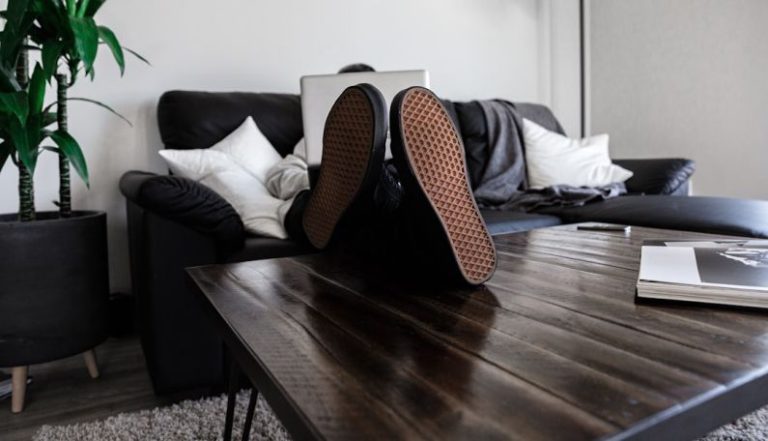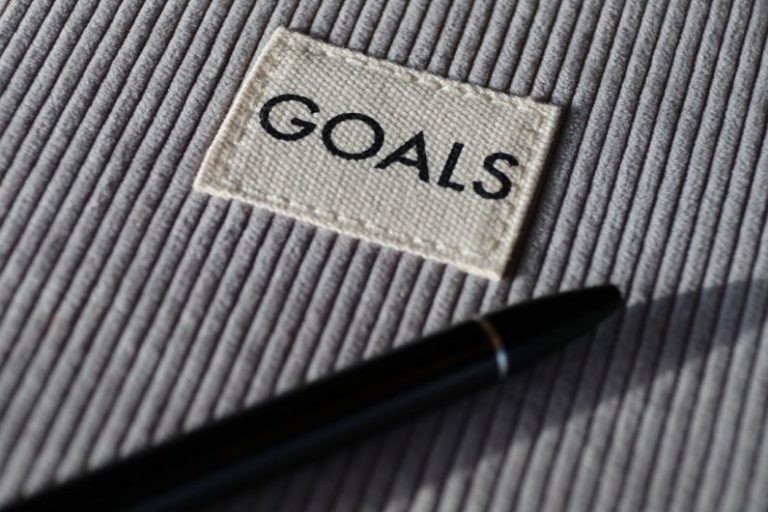Mindfulness Techniques for Busy Professionals
In today’s fast-paced world, busy professionals often find themselves juggling multiple responsibilities, deadlines, and commitments. The constant pressure to perform can lead to stress, anxiety, and burnout. This is where mindfulness techniques come in handy. By incorporating mindfulness into your daily routine, you can cultivate a sense of calm, focus, and clarity amidst the chaos. In this article, we will explore various mindfulness techniques that busy professionals can use to enhance their well-being and productivity.
**Mindful Breathing**
One of the simplest yet most effective mindfulness techniques is mindful breathing. Take a moment to focus on your breath, noticing the sensation of air entering and leaving your body. By bringing your attention to the present moment, you can calm your mind and reduce stress. Practice mindful breathing for a few minutes each day, especially during moments of high stress or overwhelm.
**Body Scan Meditation**
Body scan meditation is a powerful mindfulness technique that involves systematically focusing on different parts of your body. Start at your toes and work your way up to the top of your head, paying attention to any sensations or tension you may be holding. This practice can help you release physical tension and become more attuned to your body’s signals.
**Mindful Walking**
If you find it challenging to sit still for meditation, mindful walking can be a great alternative. Take a leisurely stroll and pay attention to each step you take. Notice the sensation of your feet touching the ground, the movement of your body, and the sights and sounds around you. Walking mindfully can help you clear your mind and boost your creativity.
**Mindful Eating**
Many professionals eat their meals on the go or in front of a screen, without truly savoring the experience. Mindful eating involves paying full attention to the taste, texture, and aroma of your food. Take the time to eat slowly, savor each bite, and appreciate the nourishment your meal provides. Mindful eating can help you develop a healthier relationship with food and prevent overeating.
**Digital Detox**
In today’s digital age, it’s easy to get caught up in constant connectivity and information overload. Taking regular digital detoxes can help you unplug, recharge, and reconnect with the present moment. Set aside designated times during the day to disconnect from your devices and engage in activities that nourish your mind and body.
**Gratitude Practice**
Practicing gratitude is a simple yet powerful way to cultivate a positive mindset and shift your focus from what’s lacking to what you have. Take a few moments each day to reflect on the things you are grateful for, whether it’s a supportive colleague, a delicious meal, or a beautiful sunset. By acknowledging and appreciating the good in your life, you can promote feelings of contentment and well-being.
**Setting Boundaries**
As a busy professional, it’s essential to set boundaries to protect your time and energy. Learn to say no to tasks or commitments that don’t align with your priorities or values. By establishing clear boundaries, you can create space for self-care, relaxation, and meaningful work.
**Reflection and Adaptation**
Incorporating mindfulness techniques into your daily routine is a journey that requires practice and patience. Take time to reflect on your experiences with mindfulness and adapt your practices to suit your needs and preferences. Remember that mindfulness is a personal journey, and there is no one-size-fits-all approach. Experiment with different techniques and find what works best for you.
**Embracing the Present Moment**
In conclusion, mindfulness techniques offer busy professionals a valuable tool for managing stress, enhancing focus, and fostering well-being in the midst of a hectic schedule. By incorporating practices such as mindful breathing, body scan meditation, and mindful walking into your daily routine, you can cultivate a greater sense of awareness and presence. Remember that mindfulness is not about eliminating stress but rather about learning to navigate it with grace and resilience. Embrace the present moment, cultivate self-awareness, and prioritize your well-being as you navigate the demands of professional life.






